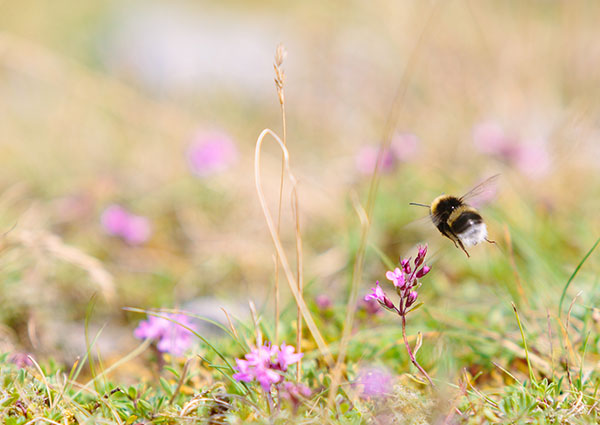Bug hotel lesson plan 7-11s
- 7-11s
- Biodiversity
In this lesson plan students will construct a bug hotel using recycled materials.
This hands-on activity involves designing and building a bug hotel. Encourage reusing and recycling unwanted materials to make your hotel and take it further with a competition to find the best design. There are inspirational ideas included in the lesson plan to get things started.
Download (81 kb)
Science KS3
Key Processes
Pupils should be able to:
Science KS3
Range and content
all living things show variation, can be classified and are interdependent, interacting with each other and their environment (3.3d)
Mathematics KS3
Key processes
Pupils should be able to:
select mathematical information, methods and tools to use (2.1d)
Mathematics KS3 – Range and content
Science
KS3 Unit 7C: Environment and feeding relationships
Science
KS3 Unit 7D: Variation and classification
ICT KS3
Unit 5: Data – designing structure, capturing and presenting data
Science
Planet earth – Biodiversity and interdependence (SCN 3-01a, SCN 4-01a)
Mathematics
Handling data – Data and Analysis (MNU 2-20b, MTH 1-21a)
Interdependence of organisms
Pupils should use and develop their skills, knowledge and understanding by investigating how animals and plants are independent yet rely on each other for survival
Mathematics
Handling data
Pupils should be given opportunities to:
Science and technology
KS3 – Knowledge, understanding and skills:
Organisms and Health - interdependence of plants and animals
Science and technology
KS3 – Objective 3: Explore the importance of biodiversity, how it impacts on our lives and how it is affected by human activity.
Mathematics
KS3 – Handling data: the application of mathematical skills to real life and work situations.